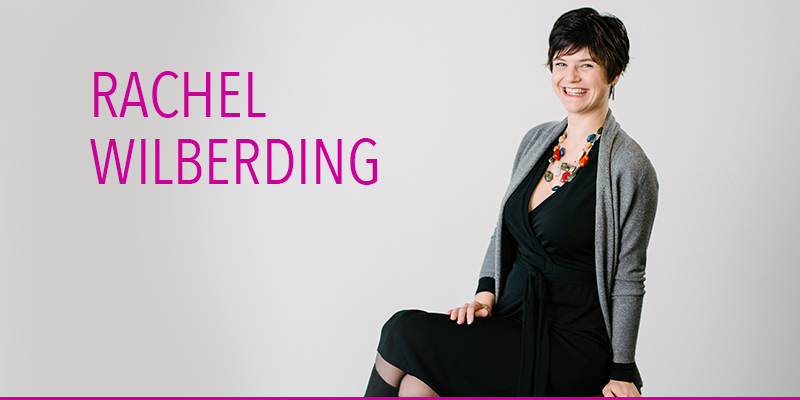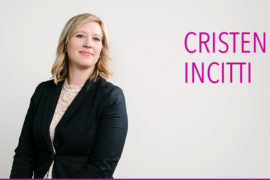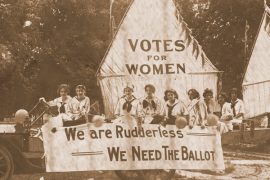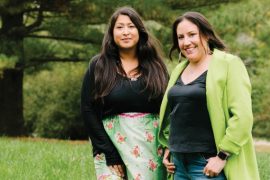By Candice Wagener
In Wisconsin, 15,000 people are living with Parkinson’s disease, a progressive nervous system disorder that affects movement. That’s prompting Rachel Wilberding, community development director for the Wisconsin chapter of the American Parkinson Disease Association (APDA), to work to increase community awareness and access to help across the state.
Wilberding is no stranger to disease. In addition to managing celiac disease herself, Wilberding’s mom was diagnosed with multiple sclerosis when Wilberding was 7. She experienced firsthand how neurodegenerative disease can change lives. “I’ve also seen the help and optimism to be gleaned from a sense of community and a reliable source of information about the disease,” says Wilberding. “My mom continues to inspire me and mentor me, and she’s a big part of the reason that the mission of APDA is so special to me.”
Last year, Wilberding stepped into the association position that had been vacant for a year and a board of directors experiencing significant turnover. “I’m not sure she knew what she was taking on,” says Kary Beck, current board member. “She figures it out, gets things going and just keeps moving ahead.”
Beck, who says she would have been “desperate” if not for the Wisconsin APDA chapter, is a classic example of the need for increased awareness. Beck’s first question upon her husband’s Parkinson’s diagnosis last spring was how much time he had. She learned from the association that people can live over 30 years after being diagnosed.
Wilberding intends to increase the association’s profile within the community in 2019, so that more people understand the disease and can utilize the extensive resources offered, including a statewide network of over 60 support groups, art therapy and exercise geared specifically toward those with Parkinson’s, financial assistance programs and a caregiver respite program.
Wilberding is also brainstorming how to create a networking group to connect women working in the nonprofit sector because the work can often feel isolating.
“I like to think of myself as a giver, a difference maker, someone who’s a very heart-forward kind of person,” she says. “Working in a nonprofit, I can make a good living and honor that part of me.”




